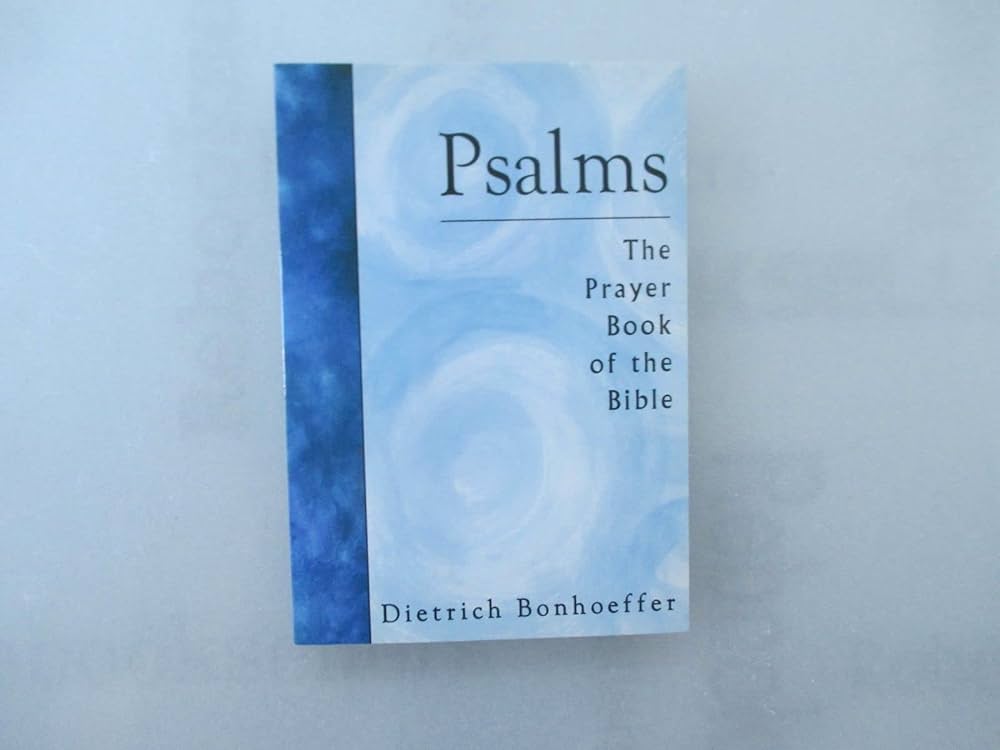Have you ever wondered how the book of Psalms can enhance your prayer life and deepen your connection with God? In this blog post titled “Psalms: The Prayer Book of the Bible,” we will explore the profound spiritual benefits of incorporating Psalms into your daily prayers. Join us as we uncover the timeless wisdom and powerful expressions of faith found within this beloved book of the Bible.
Unlocking the Power of Psalms: Exploring the Prayer Book of the Bible
The Book of Psalms, also known as the Prayer Book of the Bible, is a collection of 150 poetic prayers and songs that express a wide range of human emotions and experiences. These sacred texts have been a source of comfort, inspiration, and guidance for countless individuals throughout history.
Structure and Themes
The Psalms are divided into five books, each ending with a doxology or a blessing. The themes covered in the Psalms are diverse, ranging from praise and thanksgiving to lament and petition. Many of the Psalms express a deep sense of trust in God’s faithfulness and goodness, while others grapple with feelings of doubt, fear, and despair.
Types of Psalms
There are several different types of Psalms, including:
1. Psalms of Praise: These Psalms celebrate God’s greatness, power, and majesty.
2. Psalms of Thanksgiving: These Psalms express gratitude for God’s blessings and provision.
3. Psalms of Lament: These Psalms cry out to God in times of suffering, grief, or distress.
4. Royal Psalms: These Psalms focus on the kingship of God and the role of the king in Israel.
5. Wisdom Psalms: These Psalms offer reflections on the nature of God, wisdom, and the righteous life.
Use in Worship
The Psalms have been used in worship settings for centuries, both in Jewish and Christian traditions. They are often recited, sung, or chanted as a way to connect with God on a deep emotional level. The Psalms provide language for expressing our joys, sorrows, fears, and hopes in the presence of God.
Messiah in the Psalms
Many of the Psalms contain messianic prophecies that point to the coming of a savior who will bring salvation and deliverance to God’s people. Christians believe that Jesus Christ fulfills many of these prophecies, as described in the New Testament.
Personal Reflection
Reading and meditating on the Psalms can be a powerful spiritual practice. They invite us to bring our whole selves before God, holding nothing back. Whether we are rejoicing in God’s goodness or crying out in desperation, the Psalms remind us that we are never alone and that God is always near.
In conclusion, the Book of Psalms serves as a timeless and universal guide for prayer and worship, offering words of comfort, challenge, and hope to all who seek God’s presence in their lives.
Which book of the Bible is the book of prayer?
The book of Psalms is often referred to as the book of prayer in the Bible. It contains a collection of prayers, songs, and poems that were used for worship and communication with God. The Psalms cover a wide range of human emotions and experiences, making them a valuable resource for personal prayer and reflection.
FAQs
What is the significance of Psalms being referred to as the Prayer Book of the Bible?
The significance of Psalms being referred to as the Prayer Book of the Bible lies in its collection of diverse prayers and songs that express a wide range of human emotions and experiences, providing a template for personal and communal worship.
How are the Psalms structured and organized within the Bible?
The Psalms are structured and organized within the Bible as a collection of 150 poetic songs or prayers, traditionally attributed to King David and other authors. They are divided into five books, each with its own themes and styles, reflecting a range of emotions and experiences in worship and praise.
What themes and emotions are commonly expressed in the Psalms as prayers?
Themes: Praise, thanksgiving, lament, repentance, trust in God, God’s faithfulness, justice, mercy.
Emotions: Joy, sorrow, fear, anger, hope, desperation, confidence.

